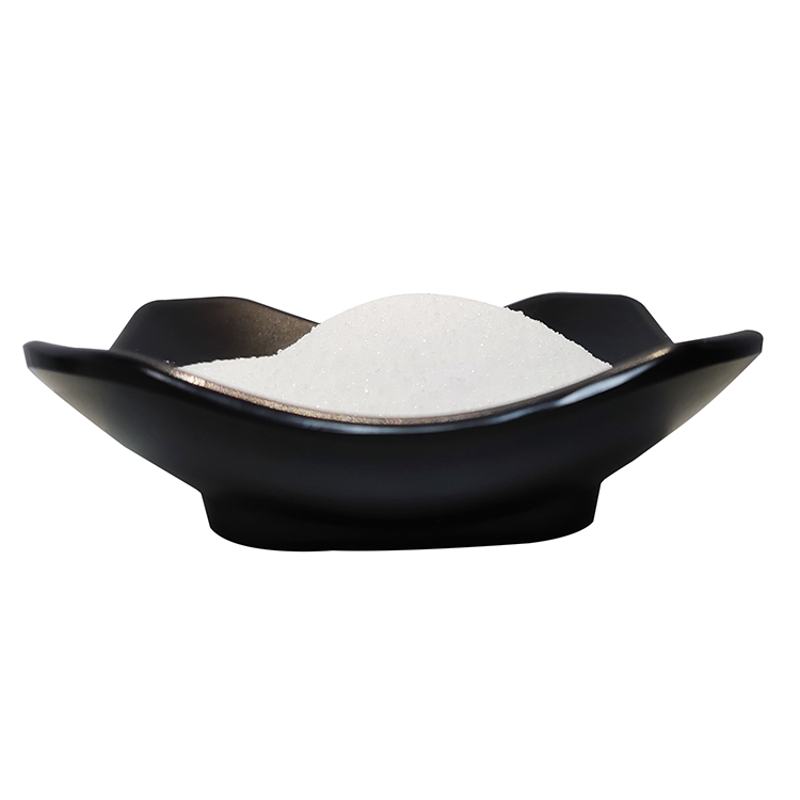-
Categories
-
Pharmaceutical Intermediates
-
Active Pharmaceutical Ingredients
-
Food Additives
- Industrial Coatings
- Agrochemicals
- Dyes and Pigments
- Surfactant
- Flavors and Fragrances
- Chemical Reagents
- Catalyst and Auxiliary
- Natural Products
- Inorganic Chemistry
-
Organic Chemistry
-
Biochemical Engineering
- Analytical Chemistry
-
Cosmetic Ingredient
- Water Treatment Chemical
-
Pharmaceutical Intermediates
Promotion
ECHEMI Mall
Wholesale
Weekly Price
Exhibition
News
-
Trade Service
A new national trial launched today aims to use the lessons of the pandemic to help patients hospitalized with severe influenza quickly find effective treatments
.
There could be record cases of flu this winter, and there's no clear evidence of which treatment is best
for severe cases.
Although many flu patients get better on their own without hospital treatment, it can make some people seriously ill and even life-threatening
.
The £2.
9 million REMAP-CAP trial will be tested with the £2.
9 million REMAP-CAP trial.
The National Institute of Health and Care (NIHR) has partnered to recruit hospitalised children and adults
with severe influenza from 150 hospitals across the UK over the next two years.
It will be run
by researchers and clinicians from Imperial College London and the Imperial College Healthcare NHS Trust in collaboration with experts from other countries.
It is funded by the National Institutes of Health and provided
by the National Institutes of Health's Clinical Research Network.
This is the first time such tests have been used for influenza
.
The REMAP-CAP trial was originally set up
in response to epidemics.
REMAP-CAP demonstrated in Coronavirus Disease 2019 (COVID-19) how tocilizumab can be used to reduce inflammation and save the lives of
critically ill patients.
The trial aims to provide answers
quickly by using a powerful and rapid method to test multiple therapies simultaneously on thousands of people.
The trial will be highly adaptable, allowing the research team to learn quickly from earlier results and ensure that patients get encouraging treatment outcomes
as quickly as possible.
Professor Anthony Gordon, lead investigator of the new trial, Consultant Specialist in Critical Care at Imperial College London's Department of Surgery and Cancer and Imperial College Healthcare NHS Trust Centre, said: "During the pandemic, our trial was able to respond quickly to a new virus and our approach helped save lives
.
We are redeploying it against known threats
.
Influenza is highly contagious and in some cases can cause severe discomfort
to children, the elderly, and the frail and weak.
"This winter, we may see more cases of influenza than usual because the virus may re-emerge
after pandemic measures remain low.
We hope that our trial will help quickly find much-needed treatments for influenza
.
" Our COVID-19 trial has changed clinical practice globally and we hope to impact influenza treatment in the same way and reduce winter stress
in the NHS.
”
The trial, which lasts two years (in the first trial), aims to recruit thousands of people and will test multiple treatments
.
These include the antiviral therapeutics oseltamivir (also known as Tamiflu) and baloxavir, as well as steroids and anti-inflammatory drugs
found to be effective against COVID-19 in the initial REMAP-CAP trial [1].
More treatments
may be added in the future.
The trial will be open to adults, children and infants
older than one month hospitalized with severe influenza.
Children and infants will receive lower therapeutic doses than adults
.
Dr Elizabeth Whittaker, a consultant in paediatric infectious diseases at the Imperial College Healthcare NHS Trust and a Senior Clinical Lecturer in the Department of Infectious Diseases at Imperial College London, is leading trials in the pediatric component
.
"For some children, the flu can be a very serious illness, in some cases leading to hospitalisation and problems such as
bronchitis and pneumonia," she said.
"Getting free flu spray vaccines is our first line of defense, and it greatly reduces the risk of
influenza in children.
But we also need more treatment to help children who are very sick, which is why this trial is so important
.
"We want to work with experts across the country to determine the best treatment for flu and ultimately save lives
.
"
Will Koons, Secretary of State for Health and Secondary Care, said: "Clinical research has been vital in our fight against Covid, helping to save thousands of lives
across the country.
"This innovative trial will use the lessons we have learned from Covid to deliver treatments that reduce severe illness in people with influenza, ease pressure on the NHS and ultimately save lives
.
"
"While the purpose of this trial is to prevent illness in future flu seasons, we are now seeing an increase in flu levels this year, and it is vital that everyone who is eligible for a free vaccine come in as
soon as possible.
"
Researchers will study the effectiveness
of these treatments in reducing flu deaths and stopping patients from needing intensive care.
To help them determine which treatments make the most effective use of NHS resources, the researchers will also monitor whether these treatments reduce severe symptoms, stop patients who need respiratory support and shorten the time
patients spend in hospital or intensive care.
The researchers will also measure quality of life and degree of
disability after recovery.
The trial brought together leading experts in the UK, including specialists in intensive care, respiratory medicine and paediatric medicine
.
Experts in infectious diseases and virology will also be involved, who will carefully monitor the flu virus for resistance to any antiviral drugs tested in the trial
.
Unlike other trials, new trials — known as adaptive platform trials — continue
as new therapies are added.
Any treatment found to be ineffective will be canceled
.
It will also include individual trials, combined trials, and treatments of varying durations to find the best way
to treat [1] type of influenza.
"Using this approach, we can introduce new treatments and thoroughly test them against each other without having to stop and start trials
.
" Often, each treatment requires new trials, which take time
.
Instead, this type of trial keeps the research going," explains Professor Gordon
.
Patient groups helped design the trial platform
through workshops and interviews.
Professor Paul Dark, associate medical director of the NIHR Clinical Research Network, said: "The scale of this study requires us to coordinate patient participation in at least 150 NHS acute hospitals, which is a huge undertaking that requires utilising the UK's world-leading research infrastructure
.
"Participating in research saves lives now and in the future, and benefits
us all.
We really encourage everyone to be a part of
the research.
”







